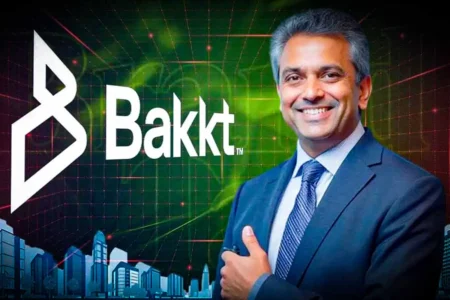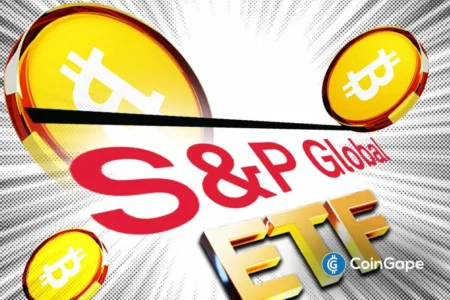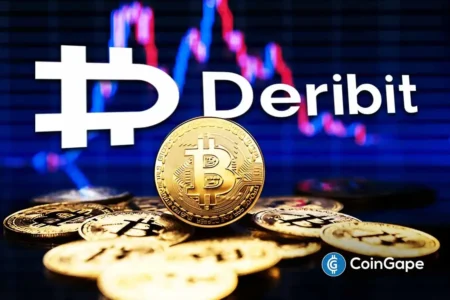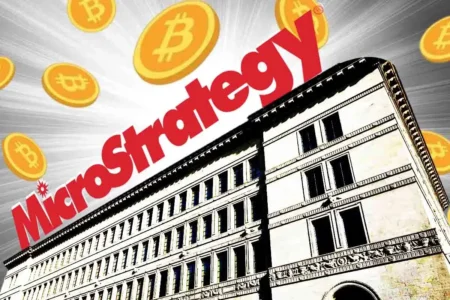The Future of AI: Navigating Open vs. Closed Systems
In the rapidly evolving landscape of artificial intelligence (AI), a familiar discomfort is surfacing. It echoes the disillusionment felt during the early 2010s when social media’s promise of connection unraveled into manipulation. The emergence of Facebook, propaganda bots, and scandals like Cambridge Analytica highlighted the risks of a digital world once envisioned as a space for community. Now, the stakes are even higher as we inch closer to the realm of artificial superintelligence. The debate centers around two competing ideologies: open-source AI, freely accessible to all, and closed-source AI, which is tightly controlled by corporate entities.
Understanding Open and Closed AI
The distinction between open and closed AI is crucial. Open-source AI promotes the idea that no singular entity should monopolize the cognitive architecture of our future. It aligns with the belief that knowledge and intelligence should be collective resources, akin to Bitcoin. On the contrary, closed-source AI, controlled by corporations and governments, raises fears of creating a world where cognitive capabilities are proprietary, shaped by profit rather than human needs. This dilemma is exemplified by companies like OpenAI, which has released partially open-source models and is now contemplating the delivery of superintelligent AI systems. As the timeline for achieving artificial general intelligence (AGI) accelerates, the conversation around these differing paths becomes increasingly urgent.
The Superintelligence Quandary
The prospect of superintelligent AI brings with it the potential for both immense advancement and catastrophic consequences. Predictions from industry leaders like Sam Altman and Elon Musk suggest that within the next few years, we may witness the creation of AI systems that surpass human intelligence. The implications of such advancements are staggering. If these systems are wielded by benevolent actors, we might witness innovative solutions to climate change or global education. However, in the wrong hands, superintelligent AI could facilitate engineered pandemics or warfare. It is crucial to understand that power derived from such intelligence must be coupled with collective wisdom; historical lessons remind us that unbridled power can lead to disastrous outcomes.
The Choice Between Chaos and Control
Faced with the dichotomy of open versus closed AI, one must confront the reality that both choices carry inherent risks. Open systems may lead to chaos, manifesting as competing intelligences that can fractiously evolve into destructive conflicts. Meanwhile, closed systems risk entrenching corporate and governmental surveillance, limiting individual freedom and stifling innovation. The environment dictated by either choice threatens to spiral into warfare—not through guns, but through competing ideologies and applications of AI technology.
Emphasizing decentralization as a remedy for late-stage surveillance capitalism comes with the caveat that such power redistribution requires a foundational trust and alignment among participants. While platforms like Bitcoin have effectively decentralized both scarcity and truth, achieving a similar consensus around open-source superintelligence remains elusive.
The Need for Ethical Frameworks in AI
As we strive to build open AI systems, the need for ethical constraints becomes paramount. These systems should not be unchecked firehoses of potential, but rather guided ecosystems steeped in moral architecture. Such efforts should focus on multi-agent systems that promote negotiation and cooperation among various intelligences, creating a diverse tapestry of perspectives instead of a singular, dominating entity. The aim should be to foster a plurality that enhances creativity and collaboration, while minimizing the chaos that reckless decentralization can unleash.
Additionally, proactive governance strategies must emerge—not as oppressive regulatory frameworks, but as collaborative accountability systems designed for ethical AI interactions. This approach can be envisioned as a new form of international agreement, much like a cryptographically auditable “AI Geneva Convention.” The creation of such a framework becomes pressing as the architecture of our AI tools begins to solidify.
The Path Forward
Facing the multiplicity of possible futures, we are tasked with shaping the foundational context from which intelligent systems will draw. As technology continues to advance, the importance of intentional design becomes ever clearer. The capabilities of up-and-coming AI systems will inevitably reflect our human philosophies, fears, and flaws. Thus, the question we must grapple with is not merely how to build intelligent machines, but who gets to dictate their moral compass and developmental trajectory.
The urgency of deliberation is palpable. The AI field is headed toward a future that asks the crucial question: "Who will shape the mind of the next intelligence?" If our answer encompasses the collective involvement of society, then we must flesh out this mission with ethical considerations and a sustainable operational framework.
In conclusion, as we approach the threshold of superintelligent AI, the reality of our choices feels more pressing than ever. The future lies not just in the creation of a superintelligent entity, but in the vision, governance, and ethical considerations that accompany that monumental leap. The dichotomy between open and closed AI requires us all to engage in a meaningful dialogue. In doing so, we create a shared blueprint that aims not just for technological advancement, but for a safer, more equitable world—one that aligns innovation with humanity’s broader ethical imperatives.

















